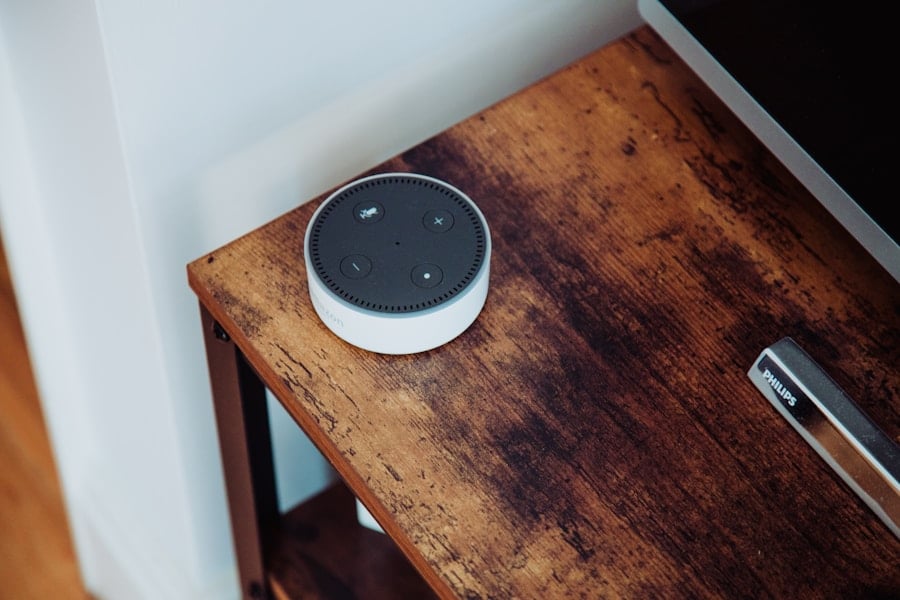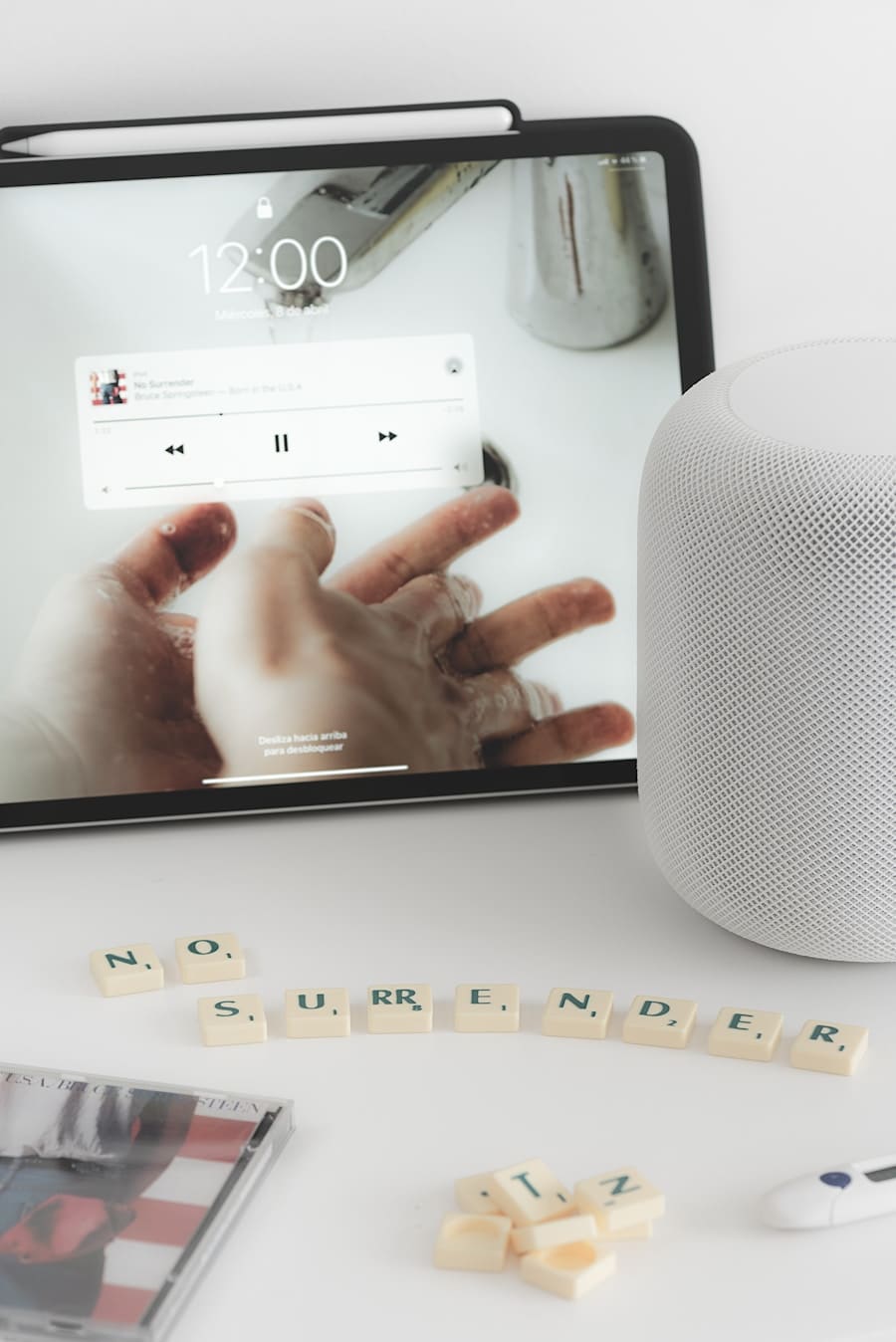The advent of artificial intelligence has revolutionized numerous aspects of daily life, with smart assistants emerging as one of the most significant innovations. These AI-enabled systems, such as Amazon’s Alexa, Google Assistant, and Apple’s Siri, have transformed the way individuals interact with technology, providing a seamless interface for managing various tasks. Smart assistants leverage natural language processing and machine learning algorithms to understand user commands and preferences, enabling them to perform a wide range of functions that enhance convenience and efficiency in everyday activities.
As these technologies continue to evolve, their capabilities expand beyond simple voice commands. Modern smart assistants are increasingly integrated into home ecosystems, allowing users to monitor and control various systems within their residences. This integration not only streamlines household management but also contributes to energy efficiency and security.
The growing reliance on AI-enabled smart assistants reflects a broader trend toward automation and connectivity in the home, making them indispensable tools for contemporary living.
Key Takeaways
- AI-enabled smart assistants are revolutionizing the way we manage and maintain our homes, offering a wide range of features and capabilities.
- These smart assistants can monitor and control various home systems, such as heating, lighting, security, and more, providing convenience and peace of mind to homeowners.
- They also help in scheduling and managing home maintenance tasks, such as HVAC system checks, filter replacements, and appliance maintenance, ensuring that the home runs smoothly.
- With predictive maintenance and issue detection capabilities, smart assistants can identify potential problems before they escalate, saving time and money on repairs.
- Integration with home appliances and devices allows smart assistants to provide reminders and notifications, as well as access home maintenance services and professionals when needed.
Monitoring and Controlling Home Systems
One of the primary functions of AI-enabled smart assistants is their ability to monitor and control home systems. This includes everything from lighting and heating to security systems and appliances. For instance, smart assistants can be programmed to adjust the thermostat based on user preferences or time of day, ensuring optimal comfort while minimizing energy consumption.
By utilizing sensors and connected devices, these assistants can provide real-time data on energy usage, allowing homeowners to make informed decisions about their consumption patterns. Moreover, the integration of smart assistants with home security systems enhances safety and peace of mind. Users can remotely monitor security cameras, receive alerts about unusual activity, and even lock or unlock doors through voice commands.
This level of control not only empowers homeowners but also deters potential intruders, as the presence of a smart security system can be a significant deterrent. The ability to manage these systems from a central hub simplifies the user experience, making it easier for individuals to maintain a secure and efficient home environment.
Scheduling and Managing Home Maintenance Tasks

AI-enabled smart assistants excel in scheduling and managing home maintenance tasks, which can often be overwhelming for busy homeowners. By utilizing voice commands or mobile applications, users can set reminders for routine maintenance activities such as changing air filters, cleaning gutters, or servicing appliances. These reminders can be customized based on individual schedules and preferences, ensuring that essential tasks are not overlooked.
In addition to reminders, smart assistants can also help users organize their maintenance tasks more effectively. For example, they can suggest optimal times for performing specific tasks based on historical data or seasonal trends. If a homeowner frequently forgets to water their plants, the assistant can analyze weather patterns and remind them when conditions are ideal for watering.
Predictive Maintenance and Issue Detection
The capabilities of AI-enabled smart assistants extend into the realm of predictive maintenance and issue detection. By analyzing data from connected devices and sensors throughout the home, these systems can identify potential problems before they escalate into significant issues. For instance, if a smart thermostat detects irregular temperature fluctuations, it may indicate a malfunction in the HVAC system.
The assistant can alert the homeowner to this anomaly, prompting them to schedule repairs before the system fails entirely. This predictive capability is particularly valuable in preventing costly repairs and extending the lifespan of home systems and appliances. By addressing issues early on, homeowners can save money on emergency repairs and maintain a more efficient household.
Furthermore, the integration of machine learning algorithms allows these smart assistants to continuously improve their predictive accuracy over time, adapting to the unique patterns and behaviors of each household.
Integration with Home Appliances and Devices
The integration of AI-enabled smart assistants with various home appliances and devices is a game-changer in modern household management. Smart refrigerators can communicate with these assistants to provide updates on food inventory, suggest recipes based on available ingredients, or even create shopping lists for items that are running low. Similarly, washing machines and dryers equipped with smart technology can be controlled remotely, allowing users to start or stop cycles from anywhere in the home.
This interconnectedness fosters a more cohesive living environment where appliances work in harmony with one another. For example, a smart assistant can coordinate multiple devices to create an optimal home environment for specific activities. If a user wants to host a movie night, they can simply instruct their assistant to dim the lights, adjust the thermostat for comfort, and turn on the television—all with a single command.
This level of integration not only enhances convenience but also elevates the overall user experience by creating a more intuitive interaction with technology.
Providing Reminders and Notifications

Customizable Reminders for Enhanced Organization
These reminders can range from simple alerts about upcoming appointments to more complex notifications regarding household tasks or events. For instance, a user might receive a reminder to take out the trash on collection day or an alert about an upcoming maintenance appointment for their HVAC system.
Personalized Notification Scheduling
The ability to customize these reminders adds another layer of functionality. Users can specify when they want to receive notifications—whether it’s a few hours before an event or even days in advance—ensuring that they are always prepared for what lies ahead.
Intelligent Adjustments for Optimal User Experience
Additionally, smart assistants can learn from user behavior over time, adjusting reminder settings based on past interactions. This personalized approach not only enhances user satisfaction but also fosters a greater sense of control over daily life.
Accessing Home Maintenance Services and Professionals
In addition to managing tasks within the home, AI-enabled smart assistants can facilitate access to home maintenance services and professionals. When issues arise that require expert attention—such as plumbing problems or electrical repairs—users can simply ask their assistant for recommendations based on local service providers. The assistant can provide contact information, customer reviews, and even schedule appointments directly through voice commands.
This feature streamlines the process of finding reliable service providers, saving homeowners valuable time and effort. Furthermore, many smart assistants are now integrating with platforms that allow users to book services directly through their interface. For example, if a homeowner needs a pest control service, they can request it through their assistant without having to search online or make phone calls.
This seamless integration not only enhances convenience but also empowers users by providing them with immediate access to necessary resources.
Future Developments and Improvements in AI-Enabled Smart Assistants
As technology continues to advance at an unprecedented pace, the future of AI-enabled smart assistants holds immense potential for further development and improvement. One area poised for growth is enhanced natural language processing capabilities, which will allow these systems to understand context better and engage in more nuanced conversations with users. This evolution will lead to more intuitive interactions where users can communicate with their assistants in a manner that feels natural and fluid.
Additionally, advancements in machine learning will enable smart assistants to become even more proactive in their functionalities.
For instance, if a user consistently adjusts their thermostat at a particular time each evening, the assistant could learn this pattern and make adjustments automatically without prompting.
Moreover, as smart home technology continues to proliferate, interoperability between different devices will become increasingly important. Future developments may focus on creating standardized protocols that allow various brands and devices to communicate seamlessly with one another through AI-enabled assistants. This would create an even more cohesive ecosystem where all aspects of home management are interconnected.
In conclusion, AI-enabled smart assistants are transforming how we manage our homes by providing innovative solutions for monitoring systems, scheduling maintenance tasks, detecting issues early on, integrating with appliances, offering reminders, accessing services, and evolving continuously through advancements in technology. As these systems become more sophisticated and integrated into our daily lives, they will undoubtedly play an even more significant role in shaping the future of home management.
In a related article discussing the latest trends in e-commerce business, Enicomp explores how technology is revolutionizing the way we shop online. Just as AI-enabled smart assistants are transforming home maintenance tasks, e-commerce platforms are leveraging artificial intelligence to enhance the shopping experience for consumers. By incorporating AI algorithms, businesses can personalize recommendations, streamline customer service, and optimize inventory management. This intersection of technology and commerce highlights the growing impact of AI across various industries.
FAQs
What are AI-enabled smart assistants?
AI-enabled smart assistants are virtual or digital assistants that use artificial intelligence to perform tasks and provide information to users. These assistants can understand natural language and are capable of learning and adapting to user preferences over time.
How do AI-enabled smart assistants manage home maintenance tasks?
AI-enabled smart assistants can manage home maintenance tasks by scheduling appointments with service providers, reminding homeowners of upcoming maintenance tasks, providing DIY tips and tutorials, and even diagnosing and troubleshooting common household issues.
What are some examples of AI-enabled smart assistants for home maintenance?
Examples of AI-enabled smart assistants for home maintenance include Amazon’s Alexa, Google Assistant, Apple’s Siri, and Samsung’s Bixby. These assistants can be integrated with smart home devices and systems to automate and manage various maintenance tasks.
What are the benefits of using AI-enabled smart assistants for home maintenance?
The benefits of using AI-enabled smart assistants for home maintenance include increased convenience, time savings, improved organization, and access to helpful information and resources. These assistants can also help homeowners stay on top of regular maintenance tasks, leading to better home upkeep and potentially preventing costly repairs.

